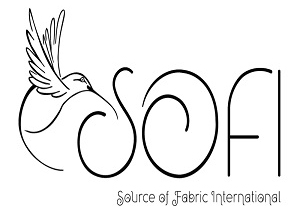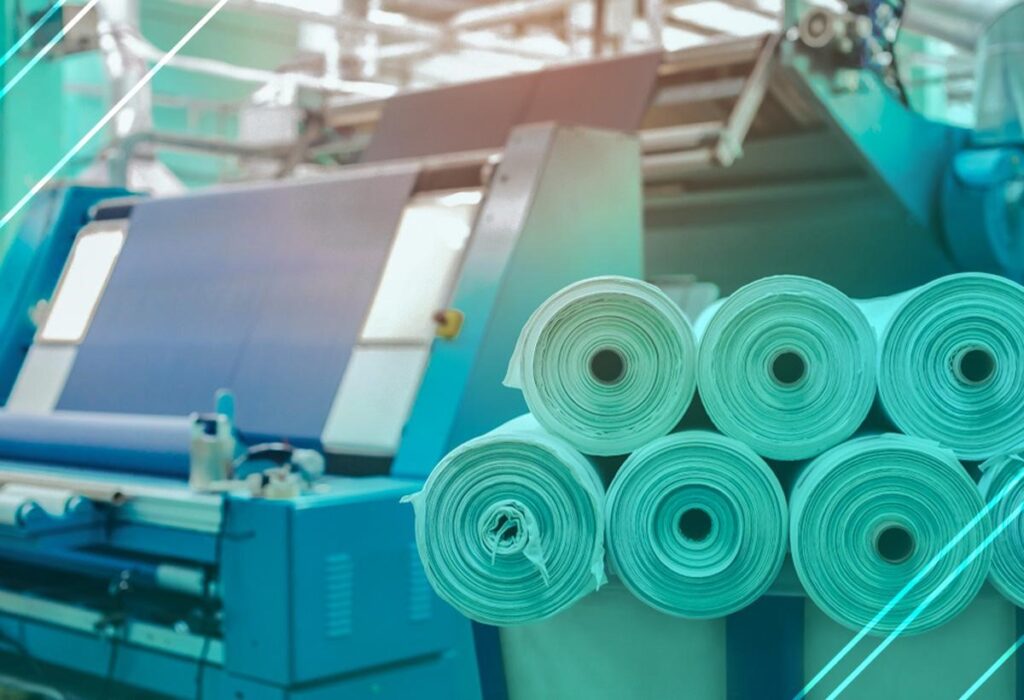In the fast-paced world of fabric production, efficiency is key to staying competitive. At SOFI, we understand how crucial it is to integrate the latest technological advancements to streamline our fabric production services. This article explores the role of technology in enhancing efficiency in fabric production services and how these innovations can benefit your business.
1. Automation: Revolutionizing Fabric Production
Automation is one of the most significant advancements in fabric production. Automated machinery can perform repetitive tasks with precision and speed, reducing human error and increasing productivity. From automated cutting machines to robotic weaving systems, these technologies ensure consistent quality and faster production times.
2. Computer-Aided Design (CAD): Precision and Creativity
Computer-aided design (CAD) software allows designers to create detailed and precise fabric patterns digitally. This technology enhances efficiency by enabling quick modifications and reducing the need for physical prototypes. CAD systems also facilitate seamless collaboration between designers and production teams, ensuring that the final product meets all specifications.
3. Digital Printing: Speed and Versatility
Digital printing technology has revolutionized the fabric industry by providing a faster, more versatile method of applying designs to textiles. Unlike traditional screen printing, digital printing allows for intricate designs and a broader color palette. This technology not only speeds up the production process but also reduces waste and is more environmentally friendly.
4. Advanced Quality Control Systems
Ensuring high-quality fabric is essential for maintaining customer satisfaction and reducing returns. Advanced quality control systems use sensors and cameras to detect defects in real-time, allowing for immediate corrections. These systems can identify issues such as color inconsistencies, fabric tears, and weaving flaws, ensuring that only the best products leave the production line.
5. Inventory Management Software: Streamlining Operations
Effective inventory management is crucial for efficient fabric production. Modern inventory management software provides real-time tracking of raw materials and finished products. This technology helps prevent overstocking and stockouts, ensuring that production runs smoothly and resources are used optimally.
6. Sustainable Practices: Eco-Friendly Technologies
Sustainability is becoming increasingly important in the fabric industry. Technologies such as waterless dyeing, energy-efficient machinery, and recycling systems reduce the environmental impact of fabric production. Implementing these eco-friendly technologies not only enhances efficiency but also aligns with the growing consumer demand for sustainable products.
7. Data Analytics: Informed Decision-Making
Data analytics plays a crucial role in optimizing fabric production processes. By analyzing data from various stages of production, companies can identify bottlenecks, predict maintenance needs, and improve overall efficiency. Data-driven insights enable informed decision-making, leading to continuous improvement and cost savings. Must Read: What fabric is coolest in hot weather?
Benefits of Technology in Fabric Production
- Increased Productivity: Automation and digital tools speed up production processes, allowing for higher output in less time.
- Improved Quality: Advanced quality control systems ensure that only top-quality fabrics are produced, reducing defects and returns.
- Cost Savings: Efficient use of resources and reduced waste lead to significant cost savings over time.
- Enhanced Creativity: Technologies like CAD and digital printing expand design possibilities, enabling more innovative and unique fabric patterns.
- Sustainability: Eco-friendly technologies help reduce the environmental impact of fabric production, meeting the demands of environmentally conscious consumers.
Conclusion
The role of technology in enhancing efficiency in fabric production services cannot be overstated. From automation to data analytics, these advancements are transforming the industry, making it more productive, sustainable, and innovative. At SOFI, we are committed to integrating these technologies to provide our clients with the highest quality fabrics and the most efficient production processes. Embracing these innovations will not only enhance your production capabilities but also ensure your business remains competitive in a rapidly evolving market.


